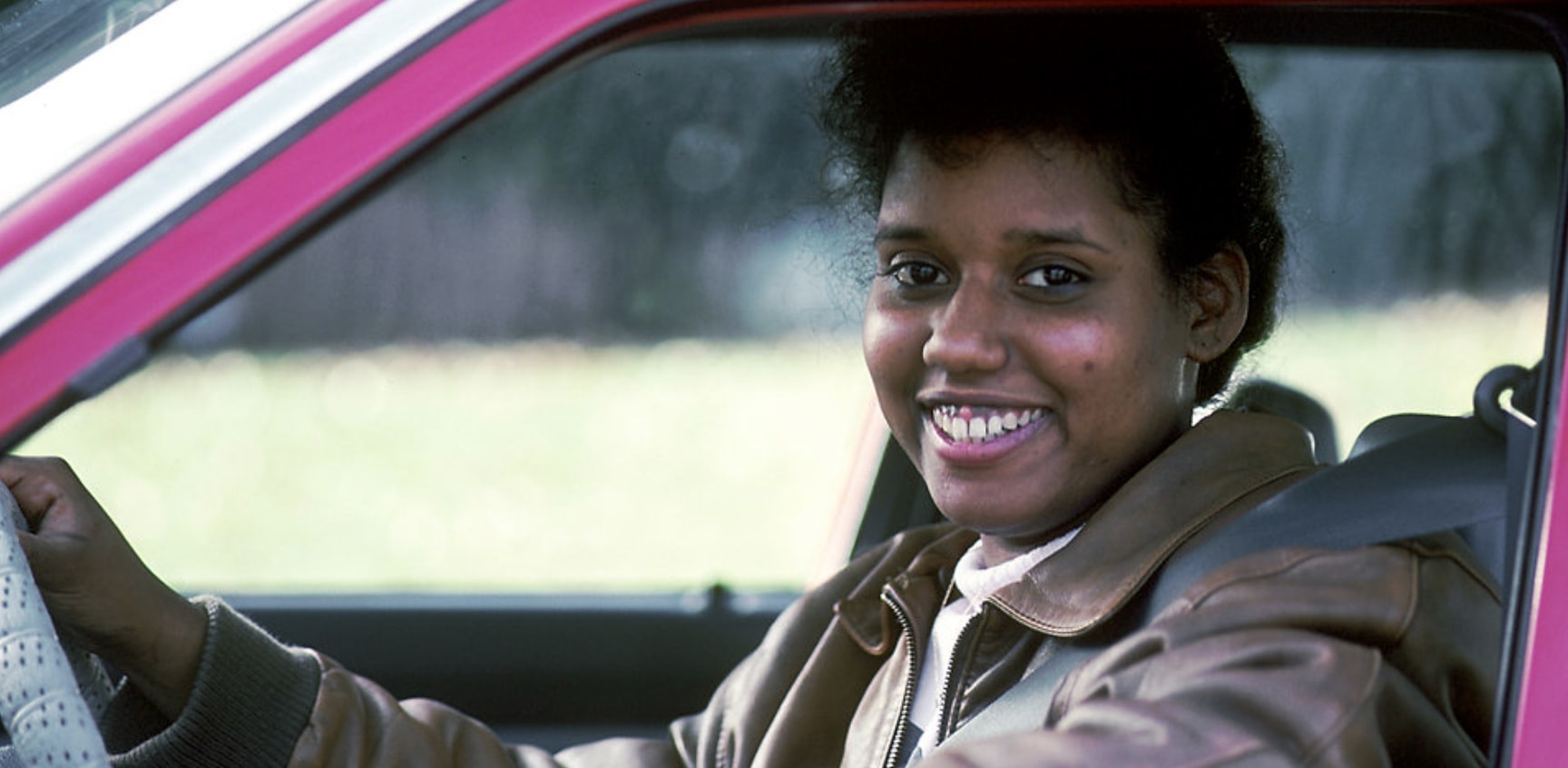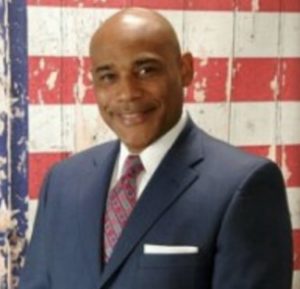
11 Jul 2018 Trump’s CAFE Rollback Making Driving Cheaper and Safer
While talk about an international trade war has presidential critics warning of rising car prices, Project 21 member Derrick Hollie highlighted the Trump Administration’s unsung efforts to lower the prices and increase the safety of cars in America.
 In a Daily Signal commentary, Derrick explained how the rollback of Corporate Average Fuel Economy (CAFE) standards could improve the way Americans drive. The industry is no longer burdened by an Obama era mandate to get their vehicle fleets to 54.5 miles per gallon by 2025. The result is already being seen in consumer choice, and it could also make new vehicles more accessible to poor and minority consumers. He wrote:
In a Daily Signal commentary, Derrick explained how the rollback of Corporate Average Fuel Economy (CAFE) standards could improve the way Americans drive. The industry is no longer burdened by an Obama era mandate to get their vehicle fleets to 54.5 miles per gallon by 2025. The result is already being seen in consumer choice, and it could also make new vehicles more accessible to poor and minority consumers. He wrote:
The Trump Administration’s rollback of fuel efficiency mandates to favor the present-day economy over ambiguous predictions is a smart move. It promises more vehicles people want to safely transport their families, engage opportunities and fuel the economy. It also respects the situations of the American consumer – particularly those at the lower rungs of the economic ladder.
In his commentary, Derrick pointed out:
CAFE standards have been around for 40 years, but green crusaders in the Obama Administration put them on steroids. During the Obama presidency, the industry was required to increase fuel efficiency by around nine miles per gallon. In 2012, it imposed a spike from 30.2 miles per gallon for a passenger car in model year 2011 to 60 miles per gallon over 14 years.
American car prices have risen steadily with higher CAFE standards. According to Heritage Foundation research, car prices rose while other big-ticket durable goods prices dropped. “If vehicle prices had tracked furniture and appliance prices since 2007,” a 2016 Heritage study noted, “they would be 23.4 percent lower than they are today.” Comparatively, the average cost of a car in the United States rose $6,200 above trending prices in other countries.
Higher prices lower opportunity. Those without much disposable income find themselves unable to afford new CAFE-friendly vehicles. Using federal data, a National Automobile Dealers Association study concluded that between 3.1 and 14.9 million households might lack the credit necessary to buy a new vehicle under the original 2025 CAFE scenario. This fate would undoubtedly fall hardest on minority communities due to lower earnings.
And then there’s safety. To meet stringent fuel efficiency goals quickly, an easy way is to make vehicles smaller and lighter. The Insurance Institute for Highway Safety explicitly warns that “[b]igger, heavier vehicles protect their occupants better.” That means those forced into the smaller cars are inherently less safe.
And the alleged benefits of CAFE standards as they relate to impacting climate change are considered “trivial and elusive.”
 Lowering CAFE standards was one of the 57 recommendations in Project 21’s new “Blueprint for a Better Deal for Black America.” Derrick explained this in his commentary:
Lowering CAFE standards was one of the 57 recommendations in Project 21’s new “Blueprint for a Better Deal for Black America.” Derrick explained this in his commentary:
Minority advocates embrace Trump’s CAFE relief. In a letter to [Secretary of Transportation Elaine ]Chao and [Then-EPA Administrator Scott] Pruitt, the Project 21 black leadership network stated: “Excessive regulatory costs that make products unaffordable are one of the most significant non-racial obstacles to black economic progress… Increasing black hardship and jeopardizing driver safety for such a small payoff is simply irrational.”
Project 21 announced the policy shift was “Blueprint Compliant” with its new “Blueprint for a Better Deal for Black America” – that specifically recommended reforming CAFE standards – to improve black opportunity.
To read Derrick’s commentary – “Trump’s Fuel Efficiency Reality Check Revs Up the American Economy” – click here.



